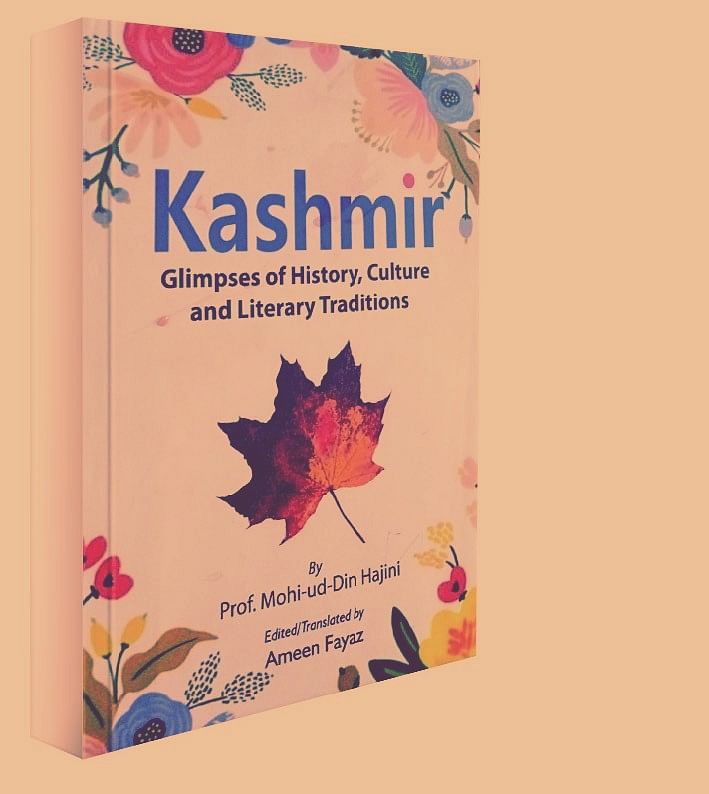BY SALEEM RASHID SHAH
Dr S. Jaishankar begins his book ‘The India Way: Strategies for an Uncertain World’ with a historical anecdote. Wajid Ali Shah, the king of Awadh was deposed by Britishers in 1856. They took over his kingdom while he was engrossed in an intricate game of chess. A self absorbed ruler was overthrown from the seat of power which eventually led to the onset of British rule in Awadh.
A self-absorbed India in the same way cannot afford to overlook China’s rise in its neighbourhood. It can prove to be a decisive factor for India’s geo-strategic positioning in the Sub-Continent.
A defensive approach on part of India to the changing power equations around her need to be relooked, if not shunned at all. An important lesson that India can learn from China’s rise is that ‘demonstrating global relevance is the surest way for earning the world’s respect.’
The author lays emphasis on the fact that the world which was first bipolar with US and Soviet Union being the only hegemons, went on to become unipolar after disintegration of the latter.
Now, the world is multipolar with many forces operating at the same time. It is in this multipolar world with frenemies, balance of power and a clash of values that India needs to find its strategic location. In a multipolar world, it is important to have the foresight to change strategies in order to cope with future challenges that a nation may face.
Long held assumptions and frozen narratives are to be seen with suspicion and challenged every step of the way. The mechanical way of implementing doctrines has become redundant. In the changing dynamics of today’s multipolar world, it is only keeping up with the contemporary challenges that ushers in progress for a nation.
S. Jaishankar invokes the ancient Indian legend of ‘Arjuna’s dilemma to act on the battle field’ through the epic of Mahabharata. It is through these ancient texts says Jaishankar that India can learn a great deal of policy and strategy. The India at the times of Mahabharata was also multipolar with its leading powers balancing each other.
The dilemmas of statecraft that permeate the story of ‘Bhagvad Gita’ give huge lessons on risk taking, placing trust, making sacrifices and above all developing a courage to implement that policy.
Being discouraged by the collateral consequences that the implementation of a policy can have like Arjuna was at the battle field, a resolve like that of Krishna plays a pivotal role in defining international relations.
The Mahabharata is both a tale of ethics and that of power, it is ‘Krishna’s Choice’ that reconciles the two and paves way for a more robust approach in dealing with one’s adversaries.
Furthermore, the author talks about the ramifications of holding on to the past dogmas of policy making and suggests that power in today’s world unlike the previous ones is determined by technology, connectivity, and trade. He emphasises on a realistic approach of being ready to take risks and engage with different powers at the same time.
‘Economy’ he says drives ‘Diplomacy’ and not the other way around. In approaching a world that is in flux, the author suggests that our long held assumptions need a revision and our calculations need to be revised. Jaishankar emphasises on the fact that a nation that has an aspiration of becoming a leading power cannot be dogmatic in approach towards a changing global order.
Putting dogmas behind is the starting point for such nation’s journey ahead. With the fast changing landscape of global economy, Jaishankar suggests a productive and multidirectional approach for ‘ensuring a level playing field.’ At the same time, emphasising the crucial role that India has beyond economic gains for the international terrain of global decisions. Projects like ‘Make in India’ are as important to the domestic policy of India as it is for the foreign, as such projects have the potential to contribute to global supply chains.
In yet another section of the book, the author talks about the importance of cooperation between India and China. In a bid towards making this century an ‘Asian Century’ the two countries have to be determined to work together. Their cooperation would be the most consequential relationship of the present times. The need on the Indian side is to get China right and the debate on this relationship has to evolve and go beyond the traditional assumptions and set arguments.
In this book a new field of strategic operation called the ‘Indo Pacific’ is explained in a thorough manner and the author says that it is this area where contesting powers would grapple the most in future. He says, ‘For India it is the next step beyond its Act East policy and transcending of the confines of South Asia.’
The author while concluding the book suggests that the rise of India, like other aspects of international relations is a story without an ending and in this quest we have to remedy the past while preparing for the future. By analyzing the challenges, S. Jaishankar spells out the possible policy responses to balance India’s national interest with International responsibilities.
Saleem Rashid Shah is a research scholar and an independent book-critic based in New Delhi.
Disclaimer: The views and opinions expressed in this article are the personal opinions of the author.
The facts, analysis, assumptions and perspective appearing in the article do not reflect the views of GK.






